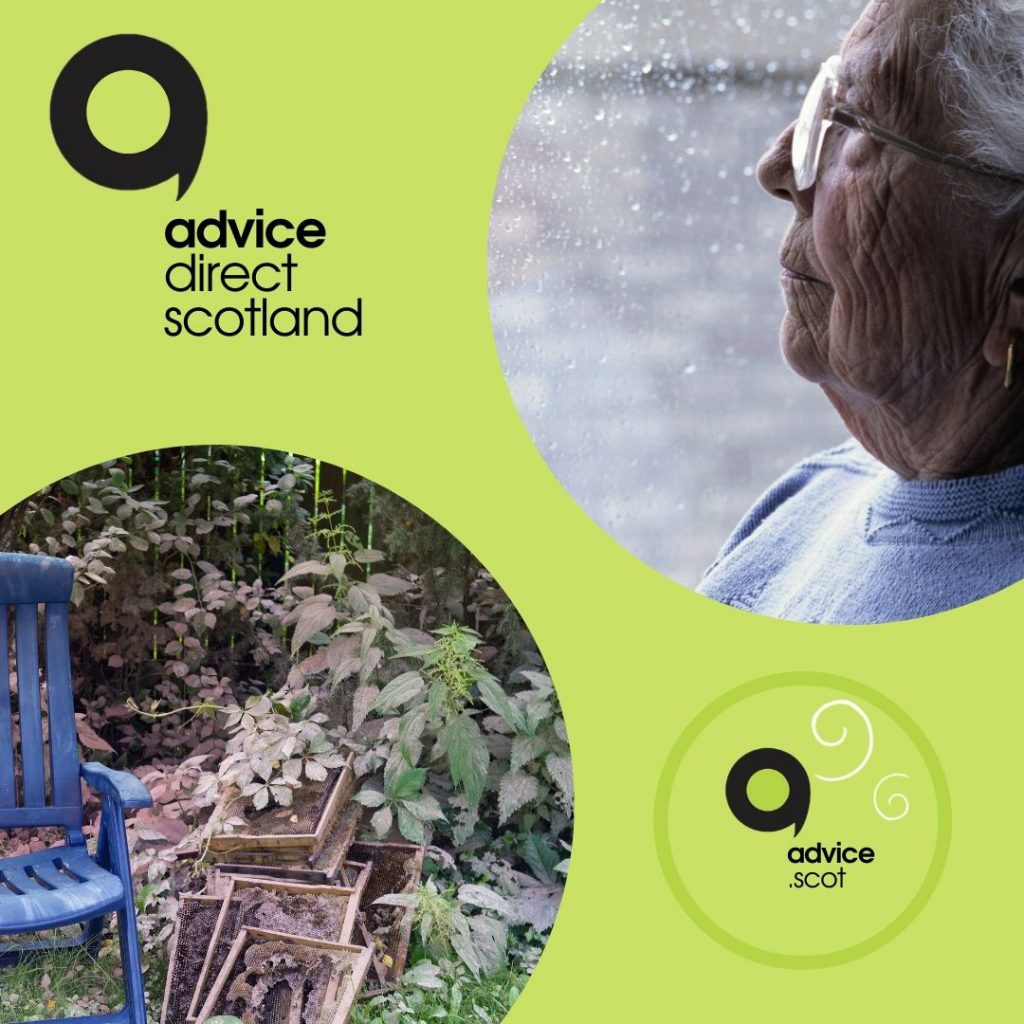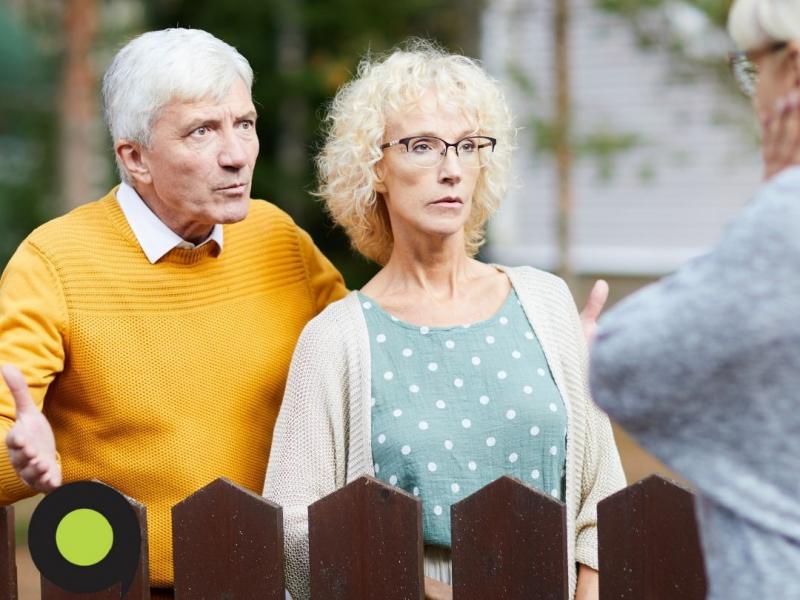
I’m sorry to hear that you are having problems with the communal areas in your building. It can be frustrating trying to resolve these issues, especially when there are multiple people sharing the space.
The route to resolving these matters will depend on the situation with the ownership of the properties in the building.
Council Owned Property
The council is responsible for repairs to common areas of properties that they own that are shared by other people such as halls, stairways, and lifts.
Areas such as gardens may be a tenant’s responsibility, depending on what the tenancy agreement outlines. Checking any agreements can be a useful first step.
If there are issues requiring attention such as repairs or maintenance, you should highlight this to the housing department of the local authority. You can find your local authority by entering the postcode of the property at www.gov.uk/find-local-council.
Privately Rented Property
Private landlords are usually responsible for repairs and maintenance in communal areas as the owners of the property. If there are issues requiring attention, you should contact your landlord or letting agent, depending on who usually deals with issues.
They can deal with any disputes surrounding maintenance, cleaning, or repairs of communal areas by following the ‘homeowners’ advice.
Owner-occupied Property
If the flats within the building are owner-occupied, any disputes or concerns about the upkeep of communal areas should first be clarified by checking the title deeds. This will reveal if a property factor exists for the building.
A property factor is a private company that operates a system where every owner in the building contributes to the repair and maintenance.
If you do not have access to your title deeds, you can request a copy from the Keeper of the Registers of Scotland by calling 0800 169 9391 or visiting www.ros.gov.uk. There may be a charge for obtaining copies of these documents.
If the dispute persists, the Royal Institution of Chartered Surveyors can provide thirty minutes of free advice on what your legal rights are. You can contact them by calling 02476 868 555. They are available Monday to Friday, 8.30am-5.30pm for practical advice on boundary disputes with neighbours.
How should I approach the situation?
In most of these situations, speaking with the other parties responsible informally can be a good way forward, if it is safe to do so.
This way, you can seek to resolve the matter without the involvement of any third parties, allowing you to maintain a positive ongoing relationship with them.
Garden Aid Schemes
If the neighbour is unable to look after their garden due to disability or old age, they might be able to get help from the local authority who may run a garden aid scheme.
These schemes can provide free assistance to people who struggle to manage their own garden, with visits made throughout the year to cut the grass and hedges and tidy up.
Next Steps
If this does not work, and your neighbours rent their property, speaking with their landlord could well be the next step. Depending on who holds responsibility for the upkeep, they may be liable if someone was to become injured because of the dangerous environment.
I hope this helps and you get things sorted as easily as possible.
You can access free, impartial advice on any topic from advice.scot by contacting 0808 800 9060 or by visiting www.advice.scot. Advice is available to everyone in Scotland, at no cost, regardless of personal circumstance.



